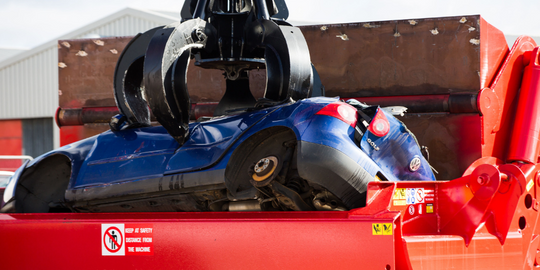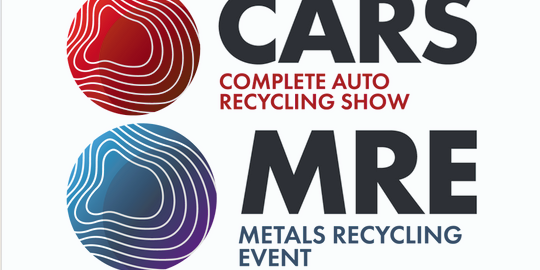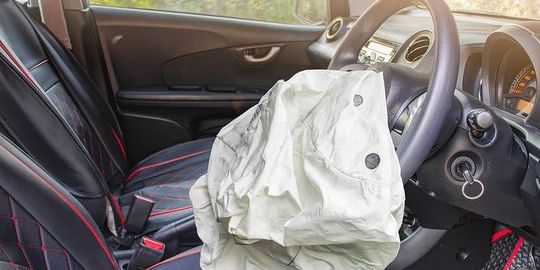BMRA member EMR investigates.
Over one million cars are scrapped in Britain every year, so what do people take into consideration before recycling their vehicle and how much do individuals know about what happens to their vehicles? BMRA member, EMR’s End-of-Life Vehicle (ELV) Manager, Steve Thomas, discusses what a recent online survey, carried out by EMR and YouGov, tells us about vehicle recycling habits in Britain.
"For many years vehicle recyclers like EMR have focused on improving their service offering through competitive pricing and excellent customer experience as a way to entice new customers to their business. However, consumers now expect more from a vehicle recycler than a fair price and exceptional service.
In recent years, recycling habits have become a subject of frequent discussion in British households. It is estimated that 9 in 10 UK households recycle regularly.[1]
Sustainable recycling is now a major consideration for consumers selling their vehicles, with 40 percent of survey respondents naming this as a priority. Consumers are now key players in holding businesses to account for their environmental practices. As a result, people are no longer comfortable selling or disposing their vehicles at end of life with no consideration of how they are handled and recycled.
Each year EMR recycles over 100,000 vehicles in Britain.

The image above highlights, 63 percent of Great British adults surveyed by YouGov, believe that recycling firms are liable for ensuring cars are recycled in an environmentally-responsible way, more than those who identified the car owner (36 percent), the government (32 percent) or car manufacturer (27 percent) as bearing some of this responsibility.
This illustrates the expectation that recyclers should not only ensure that their own operations are sustainable, but should also encourage high standards of environmental best practice in the industry as a whole, with limited expectations placed on the government or manufacturers by consumers.
Yet, it is important to remember that service does still matter. Consumers are juggling their time more than ever before. They seek a service that eliminates the time consuming tasks that are involved with recycling a vehicle, such as registering the vehicle’s destruction with the DVLA and visiting a metal recycling centre to hand it over.

And as the survey results suggest, customers now require a comprehensive service from vehicle recyclers. When asked to imagine they were looking for a company to recycle a car they owned, more than half of respondents (52 percent) thought it was important that a recycler should register the recycling of their vehicle with the DVLA and provide them with a Certificate of Destruction (CoD). Paying for the vehicle quickly (38 percent), being a registered Authorised Treatment Facility (36 percent) and offering a contact-free collection service from the person’s home (26 percent) were also prioritised by those taking part in the survey.
It is clear that vehicle recyclers must continue to offer a fair price and exceptional service to consumers whilst demonstrating their environmental credentials. However, the question arises, do people in Britain understand what happens to their vehicle once they have sold it for recycling?
The overwhelming answer is no! Only 43 percent of those surveyed believed that more than half of the materials used in cars can be recycled or recovered, yet EMR recycles or recovers over 95 percent of the materials in the cars that it receives. This suggests that individuals underestimate the sophistication and efficiency of the modern recycling industry.
Over the last decade EMR has invested heavily to ensure that we have the infrastructure and technologies we need to enable us to recycle as much of the materials we receive as possible. These advanced technologies ultimately enable us to separate and recycle over 10 million tonnes of material each year.
Our operational investments are guided by the principles outlined in ‘Our Decade of Action’. This strategy sets out how we will become carbon neutral by 2040. In striving for these improvements we will fulfil the expectations placed on us by our customers."
[1] https://www.theguardian.com/environment/2020/sep/21/uk-households-recycle-regularly-study



